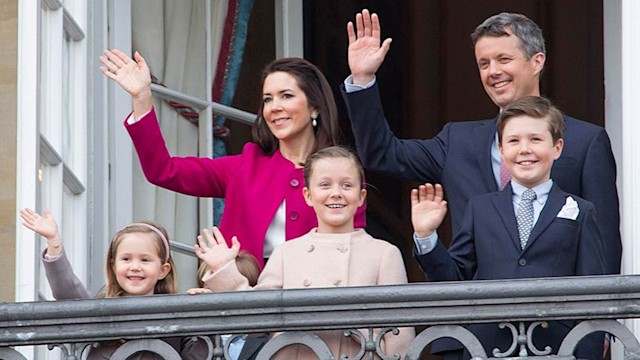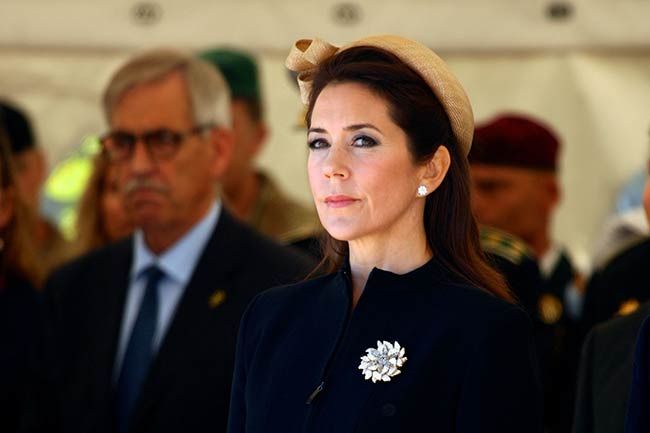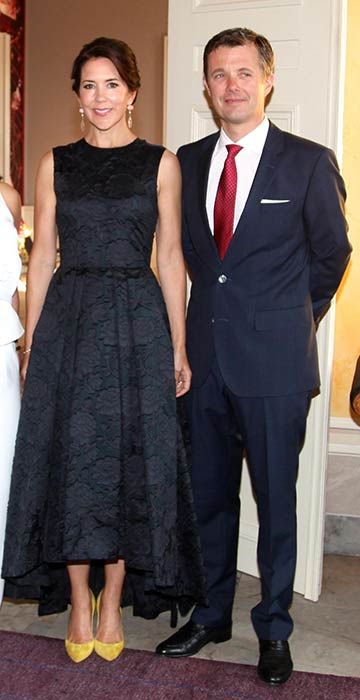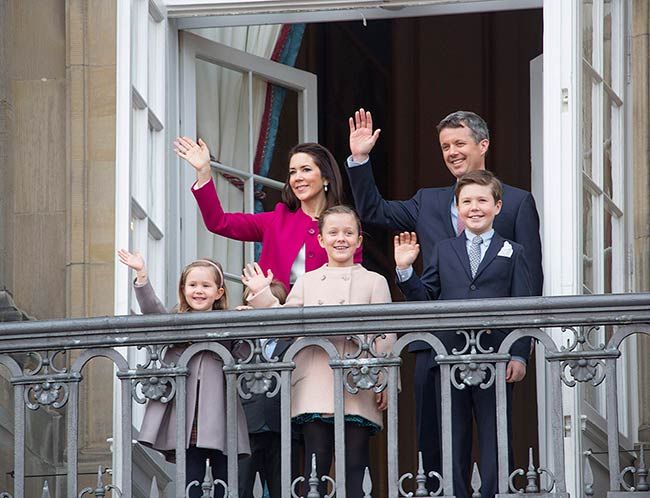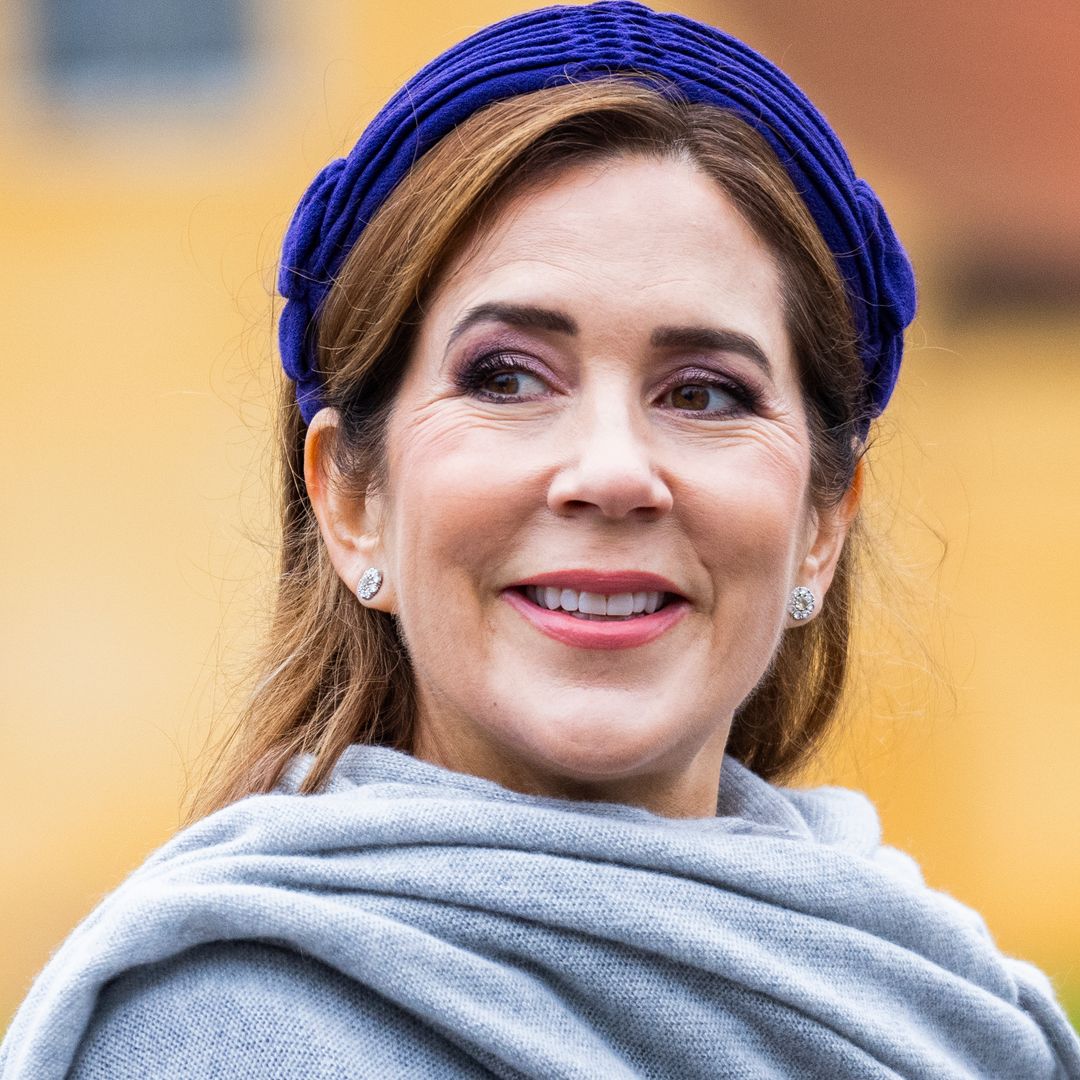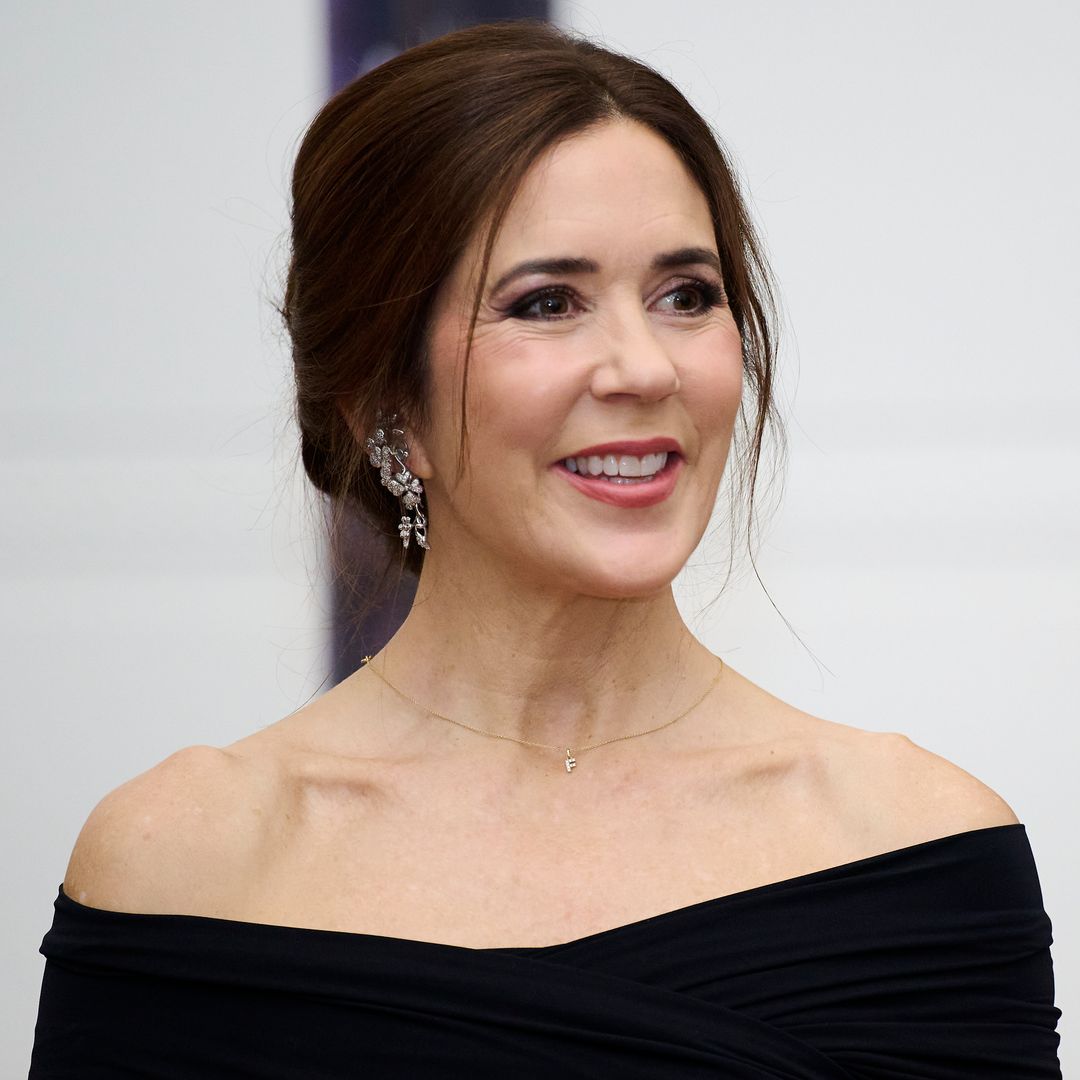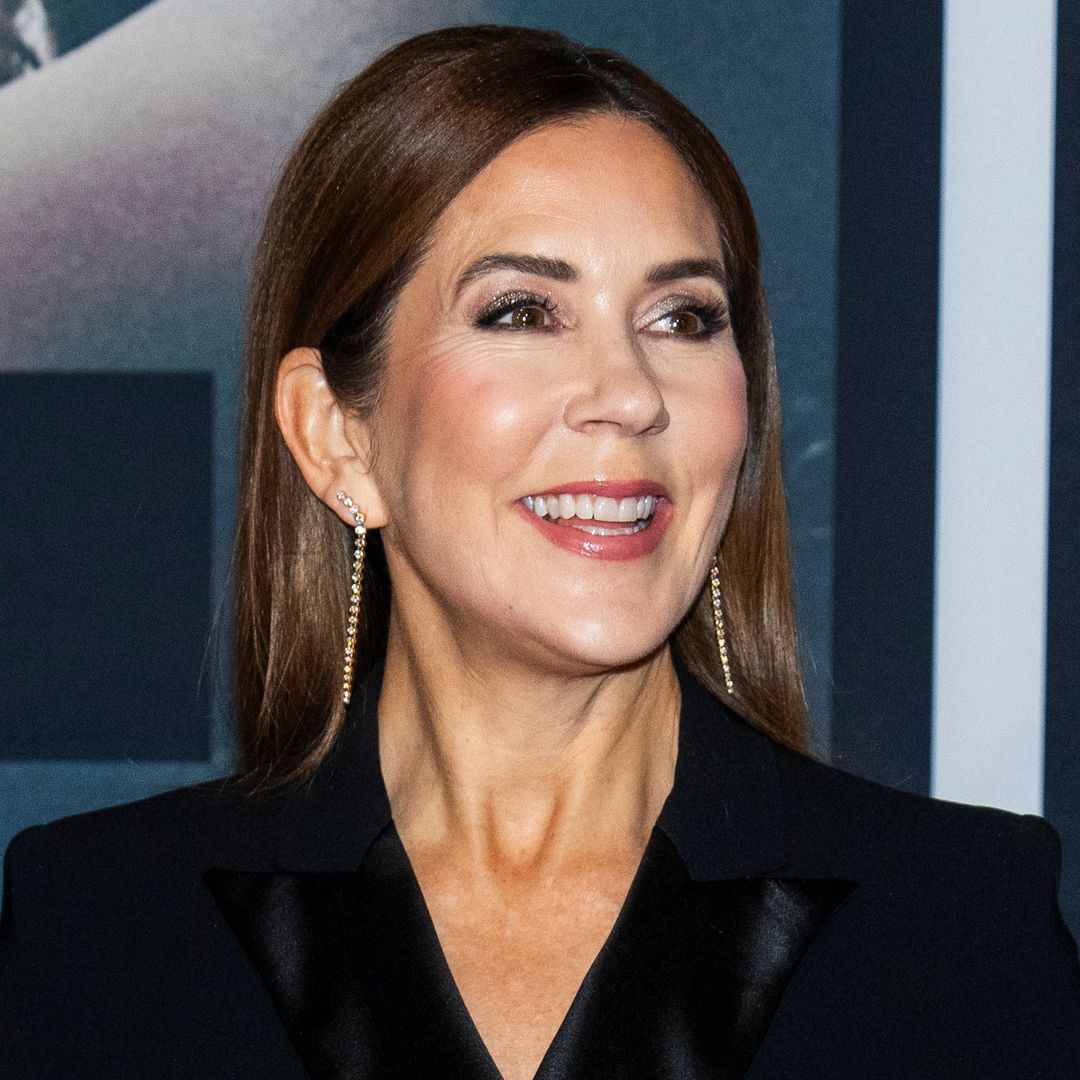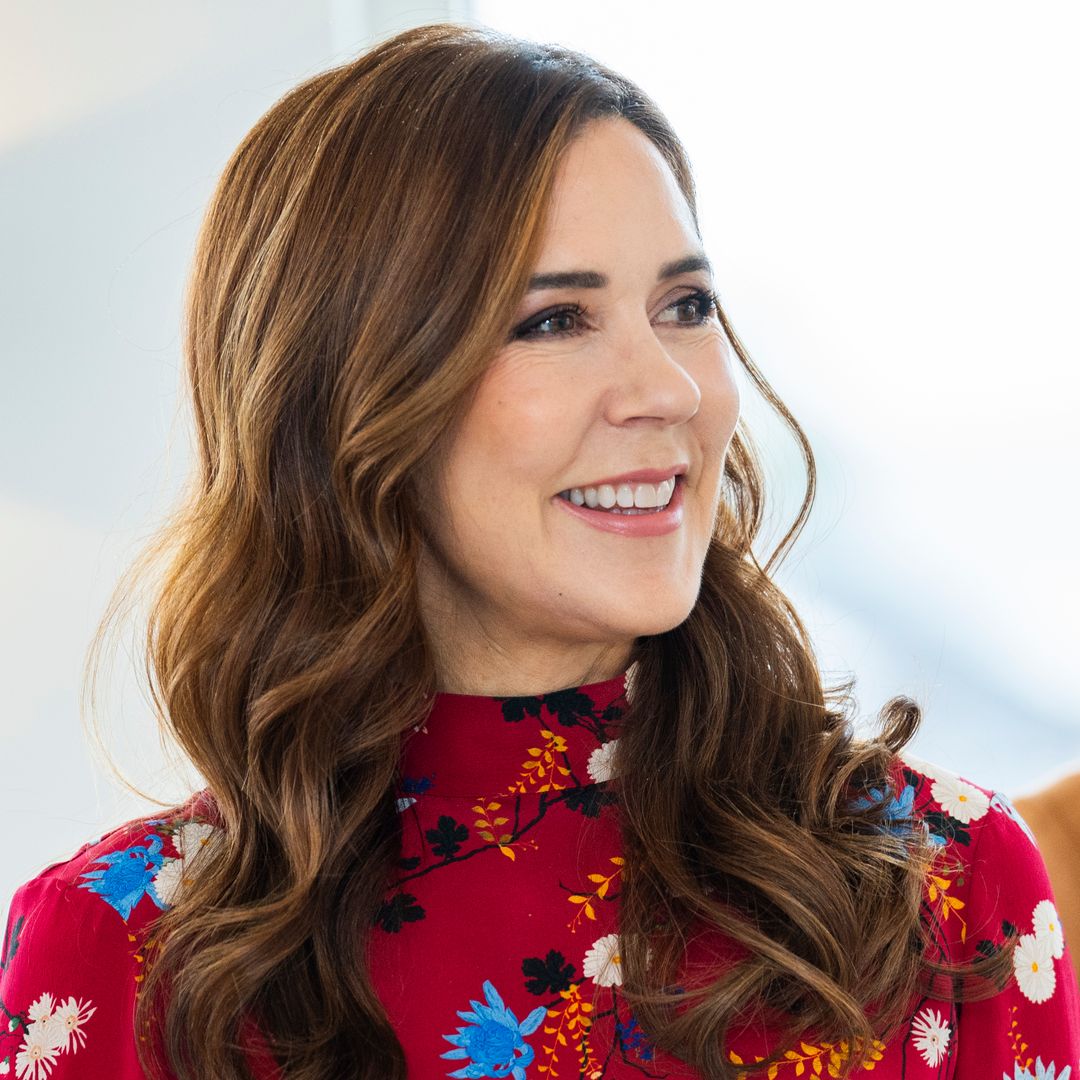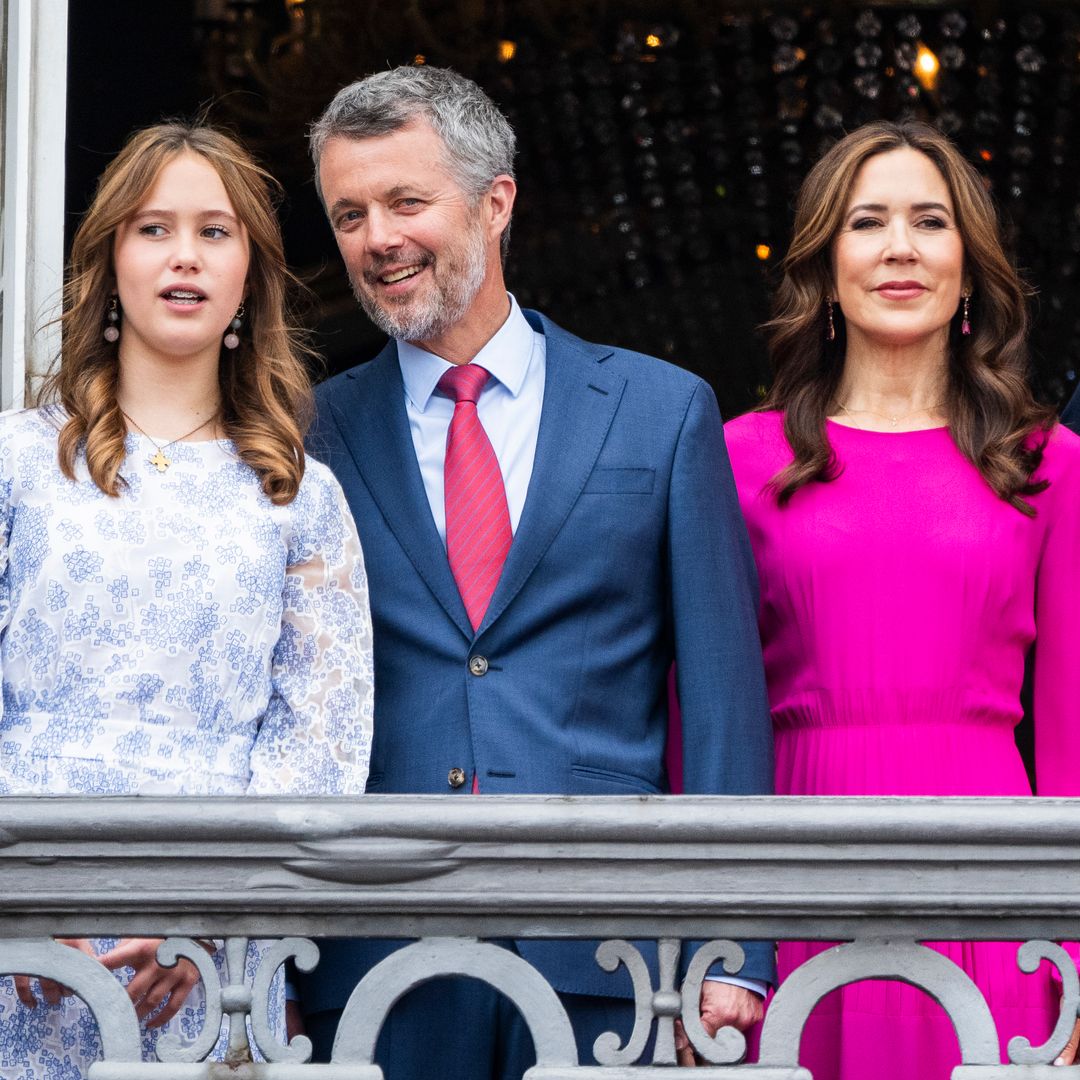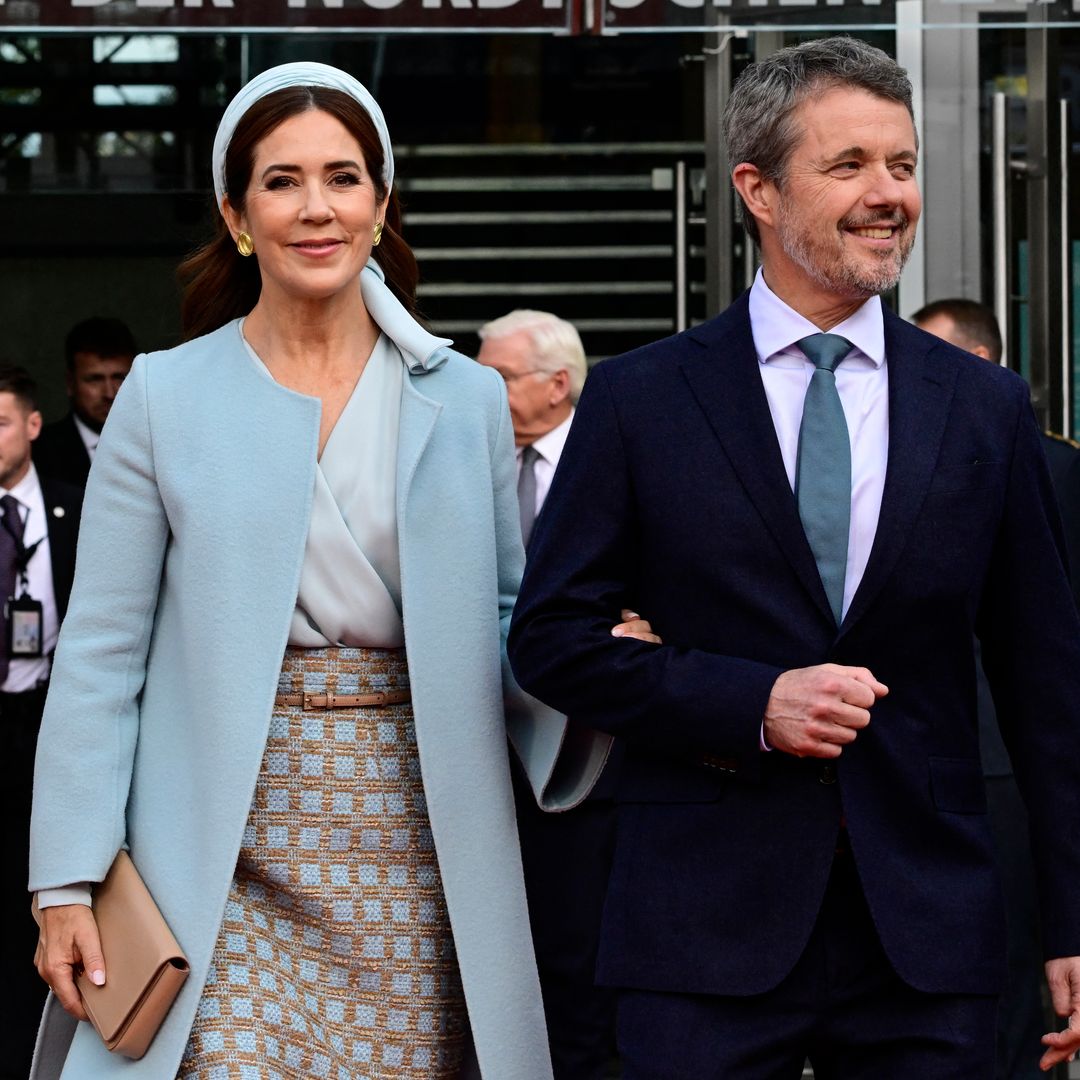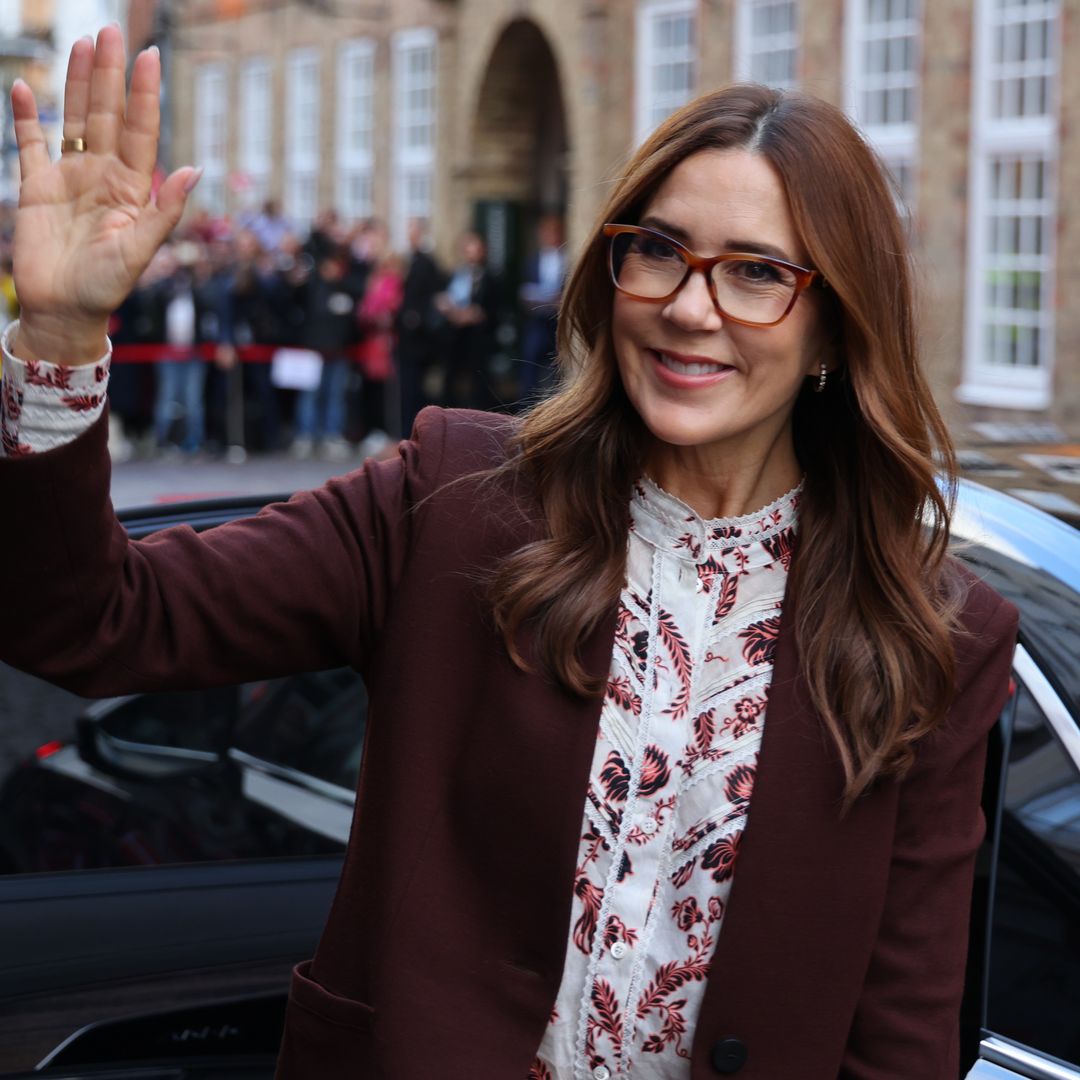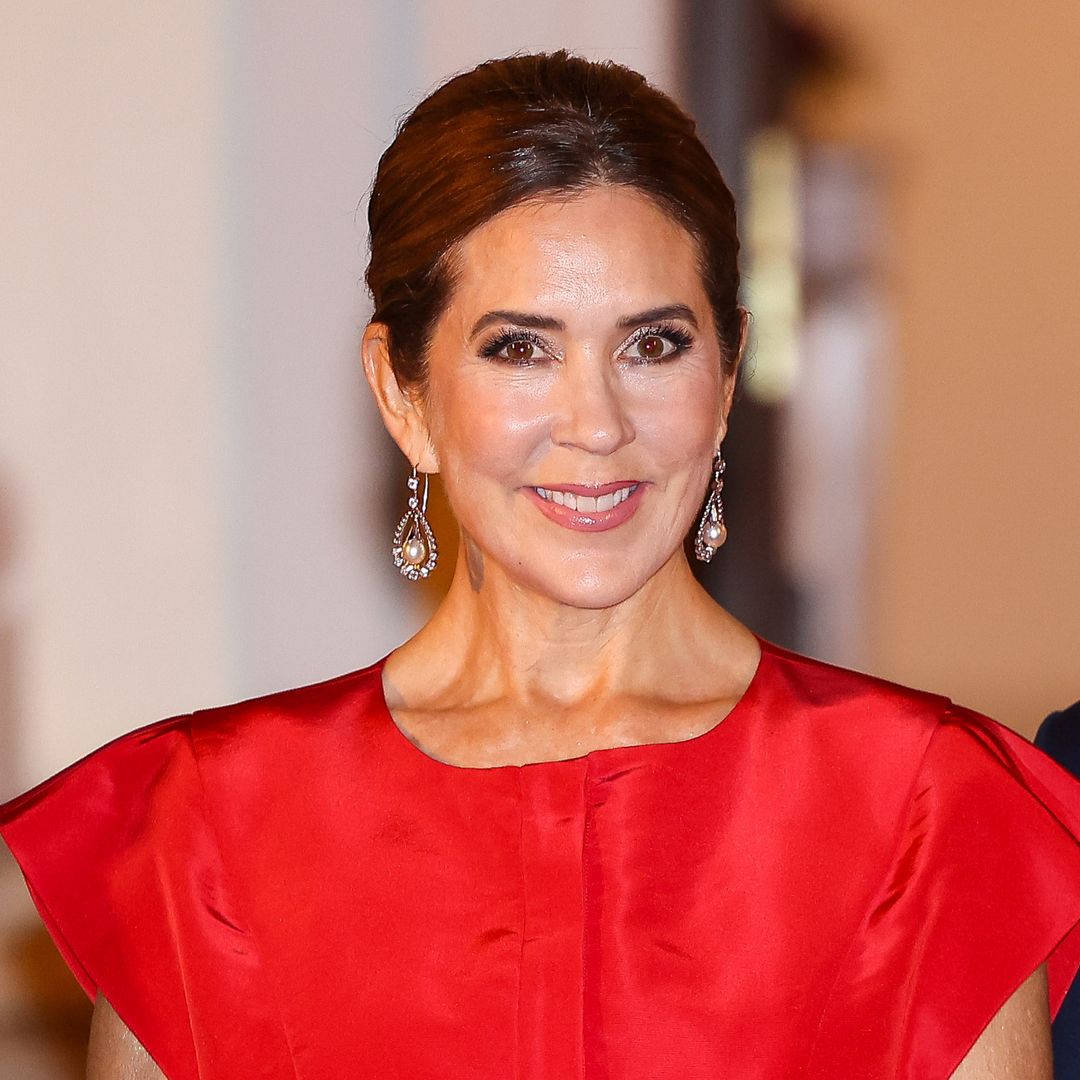Crown Princess Mary of Denmark has opened up about the death of her mother, saying it has made her a stronger person. The royal was just 26 when her mother Henrietta Norton passed away from a heart condition in 1997, and now she wants to support others going through the same experience.
Mary made the comments during a visit to the organisation Children, Youth and Mourning, which offers free expert advice to children who have lost parents, siblings or close family members.
Crown Princess Mary of Denmark has opened up about the death of her mother
The 44-year-old shared her experiences with Mads Knudsen Topp, a 15-year-old who has been helped by the organisation since the death of his father three years ago.
"I was 26. It happened too early," Mary said of her mother's death, adding: "It's so hard to see when it is so close and so personal, but as you get older, you learn to appreciate the time you had together as a gift. And the loss offers something that you wouldn't have otherwise. It makes a strong person."
It is not the first time Princess Mary has opened up about her life-changing loss; speaking in an interview with Danish TV and radio station DR in 2015, she admitted she "felt alone" while she grieved her mother's death.
Mary was 26 when her mother Henrietta passed away
"I felt alone in my pain," Mary revealed. "As if nobody understood what I was going through and I had come to a standstill while the whole world around me kept moving forwards."
"I would have liked to have spent more time with her," added Mary.
The princess' mother passed away two years before Mary met her future husband Frederik at the 2000 Olympics in Sydney. The pair quietly dated before marrying in 2004.
Henrietta never got the chance to see her daughter turn into a princess
Henrietta did not have the chance to see her daughter Mary – who has four children including young twins Vincent and Josephine – embark on her charmed life in Denmark, and become one of the country's most popular royals.
Mary added of her mum's death: "When you feel alone, you feel as if you don't belong anywhere, like you're alone in the world. It's a real and big problem that's gone unnoticed, so I'm glad that it's drawing some attention now. There's still a lot of taboo around it, it's an issue we have to talk about."
